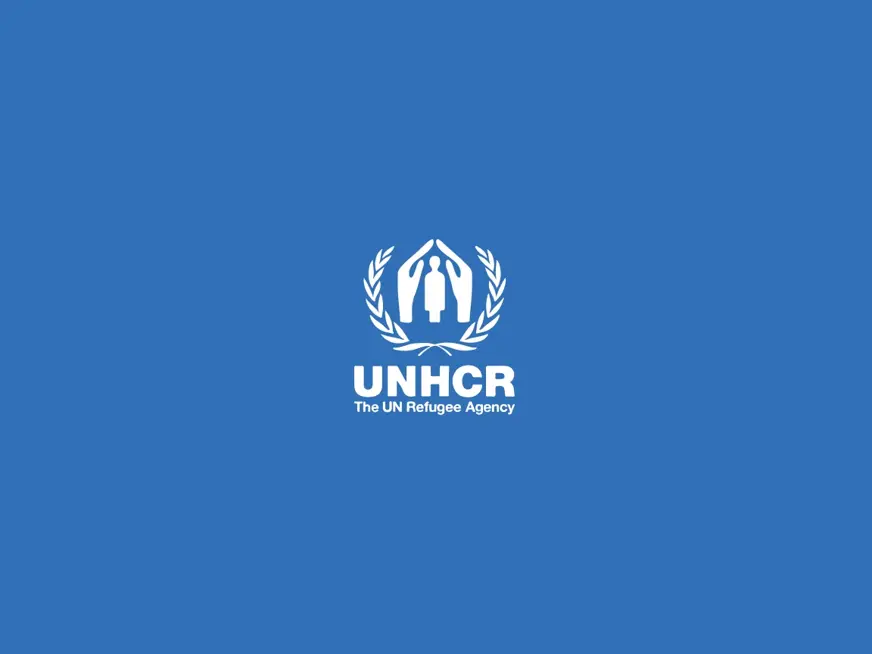The United Nations High Commissioner for Refugees (UNHCR) reported an 18% increase in the deportation of Afghan migrants from Iran compared to last year.
According to the organization’s statistics, Iran has deported nearly 560,000 Afghan migrants in the first nine months of this year.
The report stated that the average number of Afghan migrants deported from Iran is 2,040 people per day.
The report reads: “Based on estimations provided by UNHCR’s border monitoring partners, during nine months in 2024, an estimated 559,000 (undocumented Afghans were deported from Iran through Islam Qala and Zaranj crossing points. This represents a daily average of 2,040 individuals. The deportation figures for undocumented Afghans are approximately 18 percent higher compared to an estimated 472,000 deportees during the same period in 2023.”
Meanwhile, some Pakistani media outlets have reported that a trilateral meeting between the caretaker government of Afghanistan, Pakistan, and the UNHCR will soon be held regarding the situation of Afghan migrants.
A number of Afghan migrants in Pakistan and Iran have spoken about the increasing challenges faced by Afghan citizens.
Mohammad Reza Sazesh, an Afghan migrant in Pakistan, said about the challenges: “There are many migrants here, but the facilities are inadequate. Visa extensions, residence, and living conditions lack educational opportunities. We demand better conditions for migrants in Pakistan.”
“Establishing a transparent legal framework, ensuring human rights and security, access to basic services, facilitating resettlement and voluntary return, supporting host communities, and implementing empowerment programs for refugees require sincere cooperation and practical steps to improve the situation of refugees,” Ali Reza Karimi, a migrant rights activist, told TOLOnews.
On the 6th of Sunbula (August 27) this year, the Ministry of Refugees and Repatriation proposed a trilateral meeting with the United Nations and the Pakistani government to Islamabad to address the challenges facing Afghan migrants.

